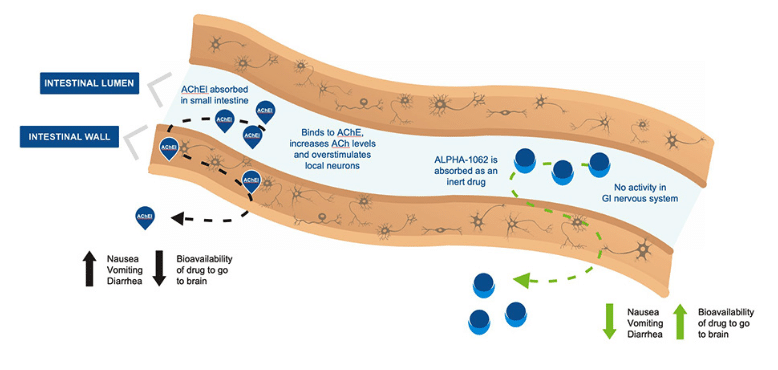
 Should family members have veto power over a deceased organ donor?
Should family members have veto power over a deceased organ donor?
The issue is a delicate one: when tragedy strikes, how should family members react when they learn that their loved one signed an organ donor card?
Most of the time people go along with the request, but in a significant number of cases, next of kin exercise what’s known as the family veto, effectively overruling the deceased’s wishes. Now, a new study on organ donation finds that media portrayal could be partly to blame for the phenomenon, as the press regularly depicts the family veto as a legal move when in fact it’s not.
Canada needs more transplantable organs. Every year, over 1,600 people are added to organ waiting lists, according to the Canadian Transplant Society, which says that while organ donation has a 90 per cent public approval rating, less than 20 per cent of Canadians have actually made plans to donate. That puts Canada’s organ donation rate lower than many other countries including the United States.
Only adding to the problem is the issue of the family veto, which is said to occur in as much as one in five potential donor scenarios. The difficulty comes not from provincial legislation, which roundly and clearly states that a donor declaration is legally binding, but from ingrained practices of health boards which see family members, in that moment of trauma and grief, asked by physicians whether or not they consent to having their loved one’s organs donated.
As a result, allowing for the family veto not only cuts into the number of available organs but goes against established legislation, says Tim Caulfield of the Health Law Institute at the University of Alberta in Edmonton.
Should a family be able to veto an organ donor? Many say yes…
“There seems to be a fairly broad-based misunderstanding about what form of consent is required,” says Caulfield, in conversation with Cantech Letter. “From a legal perspective, all that’s needed is a legally appropriate donation by the deceased, by registering with a provincial or territorial health authority, for example. That authorization is sufficient.”
“But our own research has found even policymakers and healthcare providers often believe that consent from the family is required,” Caulfield adds.
For the new study, researchers looked at Canadian English-language press media representations over the past 15 years of the idea of the family veto, finding that of the 133 articles identified, 81 (60.9 per cent) framed the veto as something that shouldn’t be allowed and 107 (80.4 per cent) described it as a stumbling block within the current system.
More importantly, the study found that 82 articles (61.6 per cent) implied that legislation permits the family veto, an implication that effectively supports the continuation of the practice across the country.
The study’s authors argue for more accuracy and consistency in media reporting of organ donation and family vetoing, along with more reliable data from organ donation organizations on how often family vetoing occurs and what steps should be taken to address the issue.
“In particular, research with families who have vetoed their relative’s registered wish to donate and with donation professionals who have enforced families’ objections in this situation may provide valuable information about why family veto occurs and what response, if any, is warranted,” say the authors.
Caulfield argues that while more clarity is needed in how health care institutions represent the laws as they already stand. That clarity is critical, considering the difficult and delicate context both for family members and for health care providers. “Part of the veto problem is driven, I think, by the desire to respectfully involve the family in the decision making process,” says Caulfield. “This is understandable. These are emotional situations and decisions need to be made quickly. If a family member hesitates, that can make it difficult to proceed.”
The new research is published in the Journal of the Canadian Medical Association.
File under: family veto organ donor, family veto organ donor opinion,
Leave a Reply
You must be logged in to post a comment.




 Share
Share Tweet
Tweet Share
Share




Comment